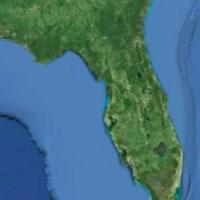Meddelelser: 7
Sprog: English
hundido (Vise profilen) 24. apr. 2014 23.05.59
morfran (Vise profilen) 24. apr. 2014 23.32.16
hundido:In Esperanto, I've noticed that nouns sometimes end in "n". I was wondering what the difference is between "mi" and "min", "vi" and "vin", "hundoj" and "hundojn", etc.. Also, does it only apply to nouns, and how do I use it? Answers are appreciated!The -n constitutes what’s usually called the accusative case in Esperanto; it’s how one distinguishes the subject of a sentence from the direct object. So the difference between mi and min, etc. is a little like the difference between I and me in English, but applies to all words in Esperanto, not just pronouns.
There’s a quick summary of how it works in English here, or, if you’re up to it, a detailed account all in Esperanto here.
dtgallagher (Vise profilen) 24. apr. 2014 23.33.58
I hoped this helps. If you need a little more explaining, I will be happy to help!
PS- i was typing this while another person apparently added an equally useful explanation, but I decided to post it anyways...
hundido (Vise profilen) 25. apr. 2014 01.47.11
Rikat (Vise profilen) 25. apr. 2014 13.25.01
Nile (Vise profilen) 25. apr. 2014 16.51.31
"Mi faris gxin per ilo", not "Mi faris gxin per ilon"
hundido (Vise profilen) 25. apr. 2014 20.43.24
Rikat:Hundido, what textbook or online course are you using to learn Esperanto? Just curious.I'm using the courses at lernu! (there's a courses button on the top menu).



